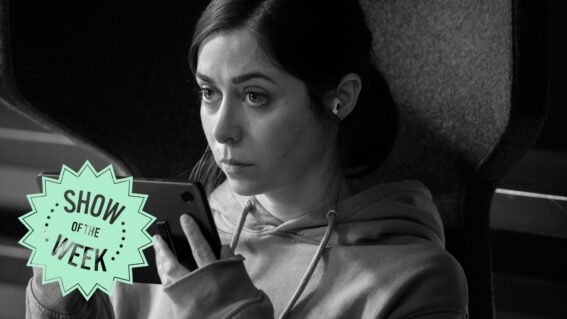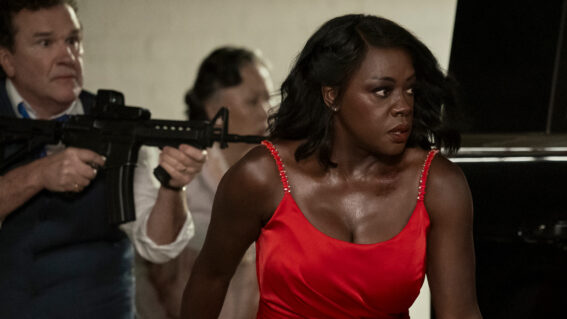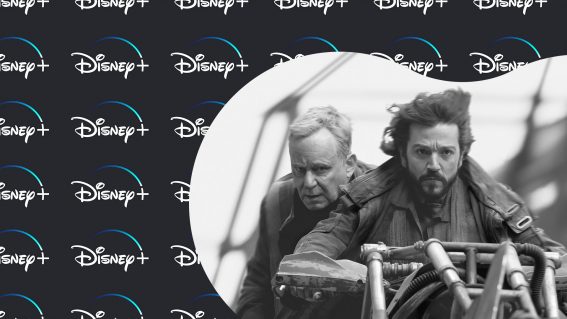Oh, how quickly the tables have turned on The Bear
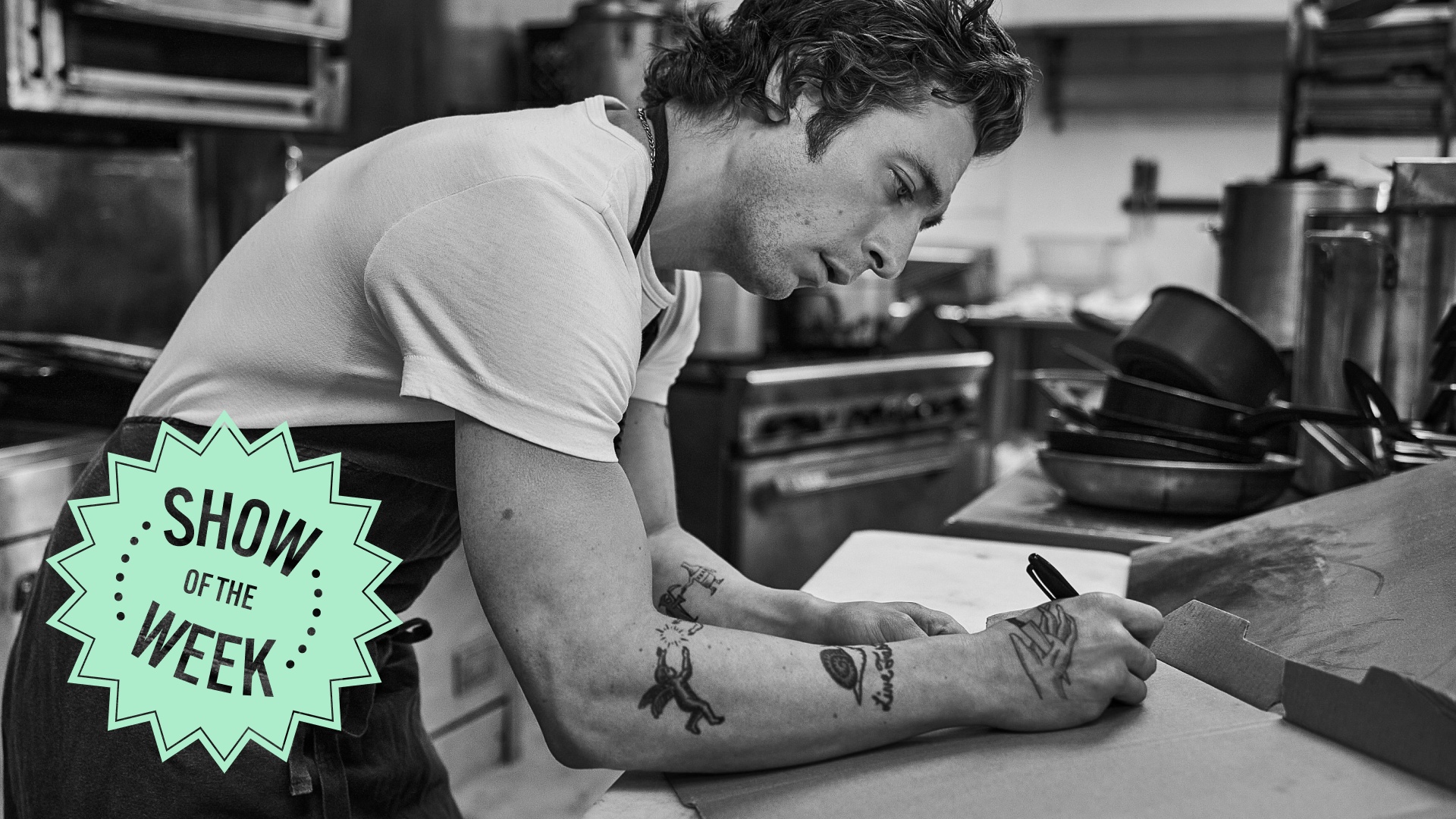
Clarisse Loughrey’s Show of the Week column, published every Friday, spotlights a new show to watch or skip. This week: The Bear is back (as you know) and reaction has been… mixed (as you know).
Oh, how quickly the tables have turned on The Bear. It used to be the coolest show on television, a love letter to the sweat, grease, and fever dreams of America’s restauranteurs, with its shelf full of Emmys and Golden Globes. Its stars—Jeremy Allen White, Ayo Edebiri, and Ebon Moss-Bachrach—were plastered across billboards, inducted into the citizenship of Ireland, and bathed in Disney paychecks. Suddenly, season three arrived and the air soured. Reviews have been muted and, on occasion, frustrated, while the audience feedback on Rotten Tomatoes has bordered on the hostile (the first two seasons hovered around 90%, while it’s here dropped to nearly 50%).
It’s largely the same complaint: did anything actually happen this season? Its first and last episodes, certainly, were rooted in uncertainty: we started with a little jaunt around Carmy’s (White) psyche, scored by Nine Inch Nails’s drone-like Together, as he’s pinned in on all sides by mentors good (Olivia Colman’s Chef Andrea Terry) and bad (Joel McHale’s David Fields), by friends (Edebiri’s Sydney) and abandoned loves (Molly Gordon’s Claire).
And we left the season with every crucial narrative thread left unresolved, from the fate of Carmy’s restaurant to his friendship with Sydney. Seasons three and four were shot back-to-back, so the “to be continued” dangled here will (probably within the year) be fulfilled. Yet, clearly, people wanted more. “I found the ending to be unbelievably frustrating,” wrote The Guardian’s Rebecca Nicholson. That loose, quasi-jazz quality—the extended montages of Chicago’s culinary scene and a tendency to skip back and forth along the timeline—was once considered one of The Bear’s strongest assets. Now, according to Slate’s Jack Hamilton, those same tricks have become “gimmicky and tryhard”.
I’m not here to needlessly argue with other people’s opinions. But having watched season three of The Bear, and then read the reaction to season three of The Bear, I’m drawn back to the theory that’s gradually become the dominant theme of this column: I’m not sure we know, collectively, what we want from television anymore.
Season three is a little cooler, a little less explosive than what’s come before. But psychological intimacy is now the driving force of creator Christopher Storer’s world, and even what doesn’t quite work feels, at least, consistent. I like the idea of a 30-minute montage as a way into Carmy’s head, even if it’s a little disorientating a way to kick off a season. Plus, the best episodes here divert into the lives of its supporting characters: the Tina (Liza Colón-Zayas)-centric, Edebiri-directed “Napkins” and “Ice Chips”, built around a bruising confrontation between mother and daughter, Natalie (Abby Elliott) and Donna (Jamie Lee Curtis). Other characters feel a touch neglected. We don’t find out all that much about how Marcus (Lionel Boyce) is dealing with his mother’s death, and even Richie’s (Moss-Bachrach) journey seems to have stagnated slightly.
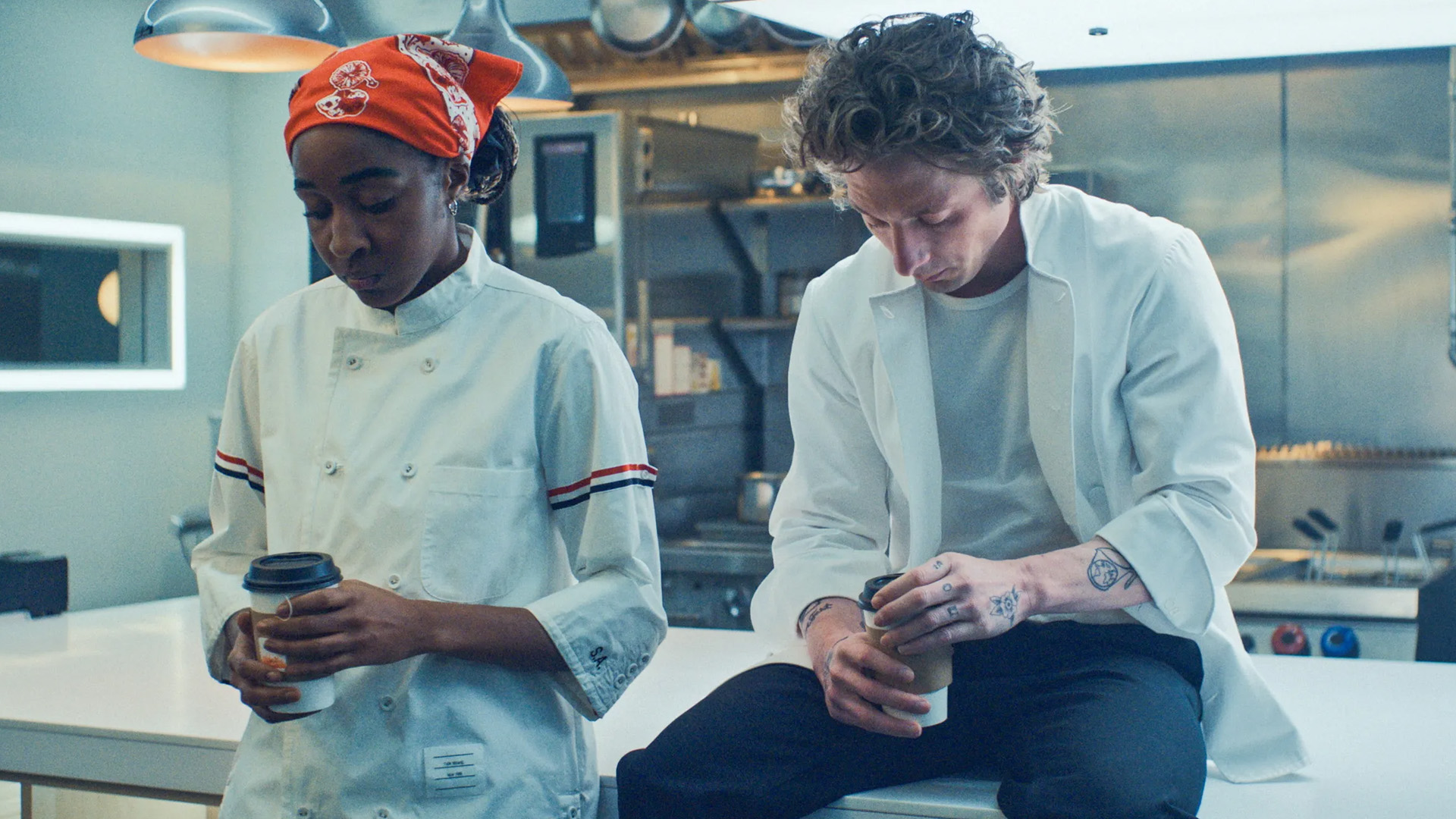
And yet, The Bear remains very much The Bear, and it seems as if treating the series primarily as a vehicle for story misses out on what’s so pleasurable about its existence. Sydney, Richie, and all will reach their inevitable emotional destinations, but, for now, season three has allowed us to marinate in the sadomasochistic thrill of the hospitality industry, amplified by the way the camera always seems to roll up so close to Carmy you start to fear it’s about to give him a colonoscopy.
It’s a show about people yelling at each other, which then prods beneath the rage at the vulnerable flesh below. You seethe at Carmy’s inability to text a girl back and absorb the ache of Sydney’s uncertainty over how much toxicity she can handle before it’s officially time to bail. Maybe season three isn’t even a drama or a comedy, but a horror show—a psychological spiral to pour our own frustrations into, all before it lightly kisses us on the head with one of those tendered, whispered scenes of confession.
Far beyond any dramatic revelation, the bit that really punched me in the gut this season was Richie’s simple slip-of-the-tongue into the present tense while talking about his ex-wife (Gillian Jacobs). It’s not a moment of consequence, necessarily, but it still matters. And there are a hundred more of them this season. So, why can’t television mellow out a little? How is The Bear expected to last more than a handful of seasons if resolution is now the only measure of success? If we ask too much of it all at once, I’m afraid it’s going to burn out just like Carmy. And that won’t be pretty.













